Mr. Wainwright, when did you realize that your family was different from other families?
My favorite story is, when I was a kid and I was in Montreal there was this news broadcaster. My mother and I saw her at the grocery store and I was like, “Mom! That’s Mutsumi Takahashi from TV!” And my mom was like, “Darling, I am far more famous than she is.”
What was it like growing up in such a musical family?
I was born and bred and almost expected to be some kind of creature of the stage. I seemed to be obsessed with it at a very young age. I was a total ham. There is a funny story about my sister Martha and I. When Martha was born, my mother had a very beautiful poetic image of her whole life in front of her – she saw this fan of life and started crying when Martha was born. It was very moving. But the day before I was born my mother had bought a ham and then the next day I weighed the exact same as the ham. (Laughs) We sang a lot when we were young. And my first crib was a guitar case.
What would have happened if you weren’t musically talented?
Well, there are family members who do not have particular musical talent and it was very difficult for them at first. But our music is a whole operation. We all help each other, especially with the whole industry collapsing and not selling records. For example, we do Christmas shows together to collect money for my mother’s cancer foundation. That’s when the whole family comes together and if everybody were up there singing, there would be nobody to take care of the business part of things.
What was your relationship to your mother like?
My mother and I had a very typical mother-son romance. (Laughs) We were each other’s everything for many years and my sister had to navigate around that great love. In the beginning it was Kate and I against the rest of the world.
“I came out in 1987. Nobody wanted to be gay back then. It was sort of a death sentence.”
How did your parents react to your homosexuality?
My sexuality was a big problem for both my parents. They were not particularly advanced in that respect. Even though they had lots of gay friends and they were liberal and all of that, the minute it came out they didn’t know what to do.
It was a lot different back then, culturally.
Yes, part of that trauma I also attribute to the time. Because I came out in 1987, when I was very young. Nobody wanted to be gay in 1987. It was sort of a death sentence. But my parents could have done a lot better. My grandparents were actually much better. Especially my grandmother on my father’s side. She was the only one to call me up and say, “I heard you’re gay and it’s fine. Don’t worry about it. I’m there for you.” They were very helpful.
How long did it take until your parents grew to accept it?
My father is fine with it. My mother, oddly enough, I don’t know if she ever totally accepted it. But she certainly enjoyed all the perks: the trips to Paris, the nights at the opera, the clubs, the wine. We still spent most of our time together and she loved it every day. I think my mother wasn’t always so secure about her sexuality either. Sometimes that’s the issue, too. Do parents know and are they sure they’re straight?
Did she meet your husband?
She did. They met and they loved each other. I think that was her big peace flag. It was accepting my husband.
Perhaps, as a parent, she just wanted her kid to have as easy a life as possible.
Yeah. That was probably an element too. Being gay is so different now than it was when I was younger. It has become difficult to translate. A lot of it had to do with being counter-culture and unpredictable and dangerous. When I came out that’s what you were if you were gay. Now it’s not the same thing.
Was it different in the US and Europe?
Yes. In the US it’s very black and white. I was in New York most of the time and that was an island in the middle of a burning sea. And once you got out of that fortress it was totally different. A lot of my coming out was in London, because my father was living in England. And that was very rough. The English gay scene was a tough crowd. Very clandestine, brutal – and super sexy. (Laughs)
“Whether one wants to be sober or not sober or whether alcohol is bad or good - I don’t get into that sort of conversation.”
In London you once spent an infamous week that ended up getting you sent to rehab…
Yeah, I was partying a lot with Marianne Faithfull and my mother and I was at the tail end of what had been a 15-year flirtation with death.
You partied with your mother? Wasn’t she worried about you?
She wasn’t. She always told me, and everybody, “Rufus is a survivor and he wants to live and grow. I know that deep in my heart.” She was confident in that. And having her confidence behind me pointed me in the right direction.
Which in this case was rehab?
I ended up having to go to rehab, but that was great. I don’t preach any sort of doctrine. You know, whether one wants to be sober or not sober or whether alcohol is bad or good, I don’t get into that sort of conversation. But what I do think, that it is vitally important for everyone, whether you’re an alcoholic or not, to at least give yourself the chance to turn off the world and focus on yourself for a big chunk of time. Just to look at yourself, for a year or a few months. I was allowed to do that.
-
Chris Brown Wants Prisoners Fighting L.A. Fires To Have Sentences Shaved
Los Angeles, CA - Chris Brown has called for prisoners who have enlisted to tackle the Los Angeles wildfires to have their sentences cut.
-
BABYMONSTER announce three new Asia stops for 2025 ‘Hello Monsters’ world tour
The seven-piece will head to Singapore, Hong Kong and Bangkok this summer
-
Lil Wayne Breaks Silence On Kendrick Lamar's "Wacced Out Murals" Reference
Weezy said he understands.
-
The Corrs announce 2025 UK and Ireland tour
The outdoor shows include support from Imelda May and Natalie Imbruglia
-
Kesha Channels Goddess Venus in Stunning ‘Rebirth’ Playboy Shoot
The star is the publication's Spotlight of the Month.
-
Drake Seemingly Unfollows Timbaland Over Antisemitic Insult
Drake appears to have unfollowed Timbaland on Instagram after the legendary producer appeared to make an antisemitic joke at his expense.
-
Exclusive Interview with Will Preston
Exclusive Interview with Will Preston
-
Lil Baby’s ‘My Turn’ Crowned Biggest Rap Album Of 21st Century By ‘Billboard’
Lil Baby has cause to celebrate: not only does he have a successful new album out, his 2020 project My Turn was the most popular rap album of the century, going by its Billboard chart performance.
-
Fat Joe Credits Killer Mike With Inspiring Him To Come Out Of Retirement
Fat Joe has credited his return to Hip Hop with his album The World Changed on Me to one particular Grammy-winning rapper: Killer Mike.
-
Kendrick Lamar’s ‘Not Like Us’ Hits Major Streaming Benchmark
Kendrick Lamar‘s Drake diss “Not Like Us” received yet another honor recently, in addition to hitting number one two separate times, being named Top Rap Song of 2024, and being both the best-selling song and Apple Music’s most-streamed song of last year:
-
Charlamagne Tha God Calls Out Drake For Being “Petty” To LeBron James
Charlamagne Tha God recently weighed in on Drake's allegedly fake DMs that surfaced this week.
-
Fat Joe Credits Killer Mike For His Return To Rap
Fat Joe leans back into rap.
-
Los Angeles, CA - Chris Brown has called for prisoners who have enlisted to tackle the Los Angeles wildfires to have their sentences cut. Nearly 800 incarcerated firefighters have been deployed in L.A. since the enormous blazes began earlier this week and
-
Dody6 - 'Big Sandwich Freestyle'
-
LunchMoney Lewis Follows Hit Songs For Saweetie, Toosii & Coi Leray With "Dear Songwriter" 2-Pack
LunchMoney Lewis preps for big 2025 with hits for himself.
-
Smino - 'Dear Fren'
-
Sexyy Red - 'Fake Jammin'
-
EST Gee — “The Streets”
-
Royal Deb displays her Jamaican roots new reggae single “Somebody For Everybody”
Since Royal Deb was just a child in St. Ann, Jamaica, she has been immersed in the reggae music scene.
-
FP Relly releases one-two punch of hip-hop songs in “Enjoy the Life/Fast Money” off his newest album Perseverance Vol. 1.
Atlanta based rapper FP Relly has just dropped a brand new one-two punch of songs, complete with a music video, that will show how he enjoys life and strives to get that bag.
-
Indie Singer-songwriter Lizz Pens a Song for Healing in Latest Single ‘There’s A Place’
Singaporean singer-songwriter Lizz shares her recent single, “There’s A Place,” an ode to healing in the face of suffering and war.
-
Petty Human Emotions releases crowd pleasing rocker “Sadness,” off their new album Outside
Petty Human Emotions has released a fan favorite new single, “Sadness,” that singer and guitar-ist James Nardiello said is always a banger at their shows, and translates well onto record.
-
ASTAR Shines Brightly with Pop-Afro Single ‘TTL TTR’
Singer and philanthropist Astou Sandra Smith—better known as ASTAR—is set to release her latest single, “TTL TTR.”
-
T'Myh B Makes Falling in Love Fun Again with Latest Single ‘Honey’
Singer and songwriter Tamiyah Alexis Brown—known as T'Myh B—is doubling down on love with an upbeat single about taking the first step.

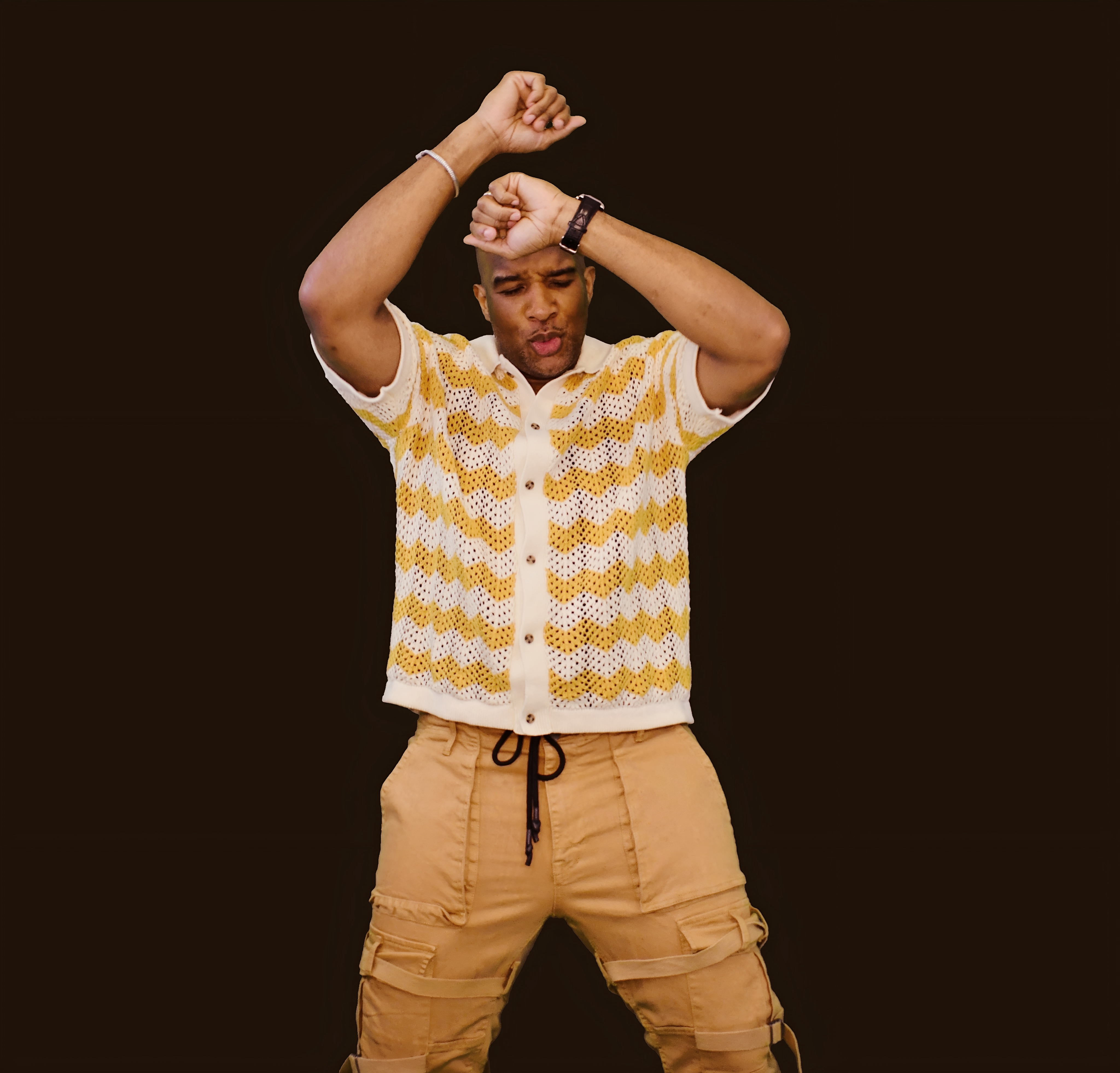

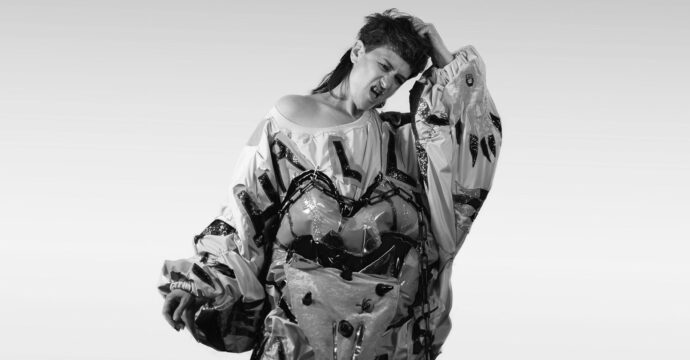
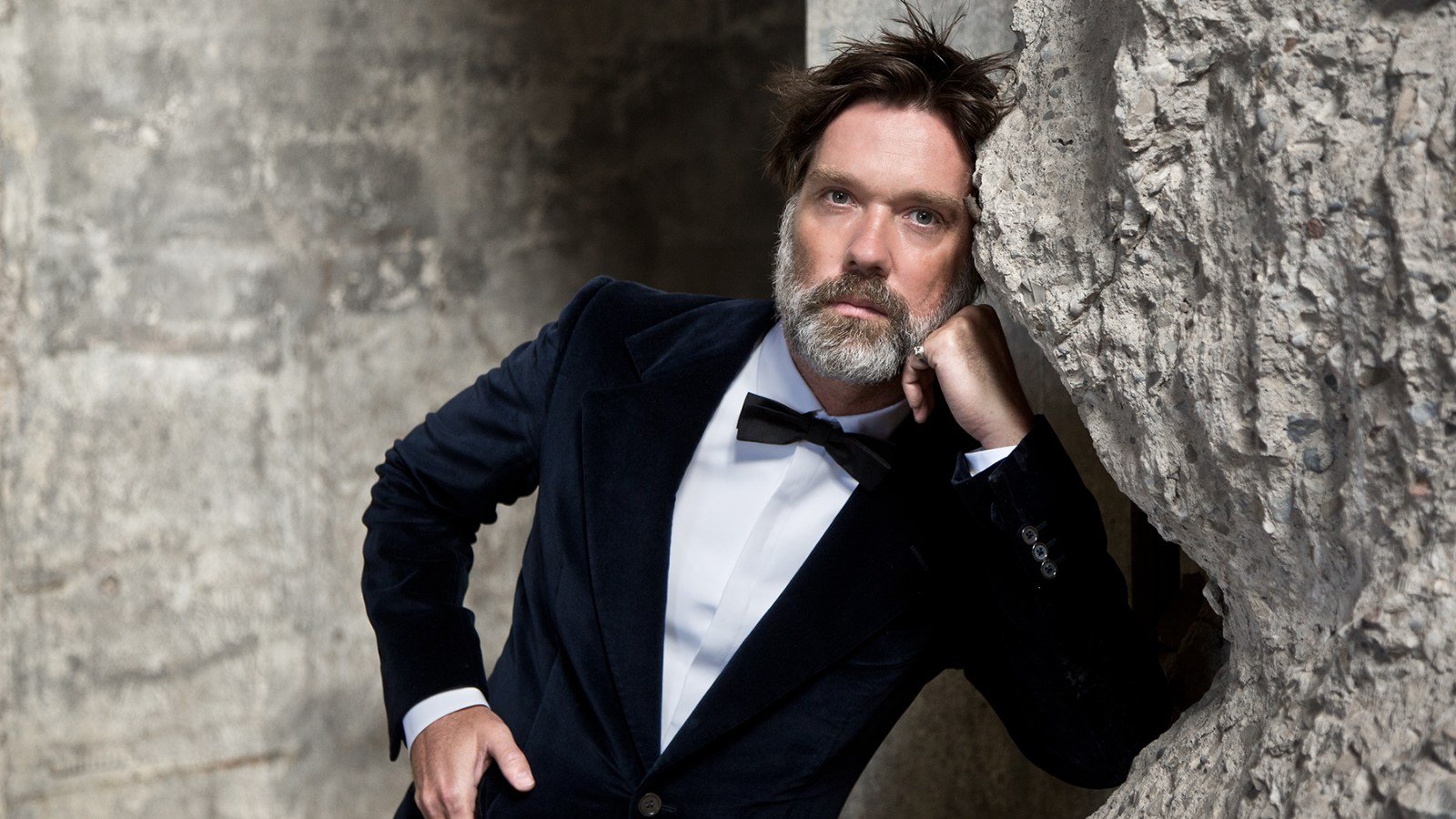
.jpg)
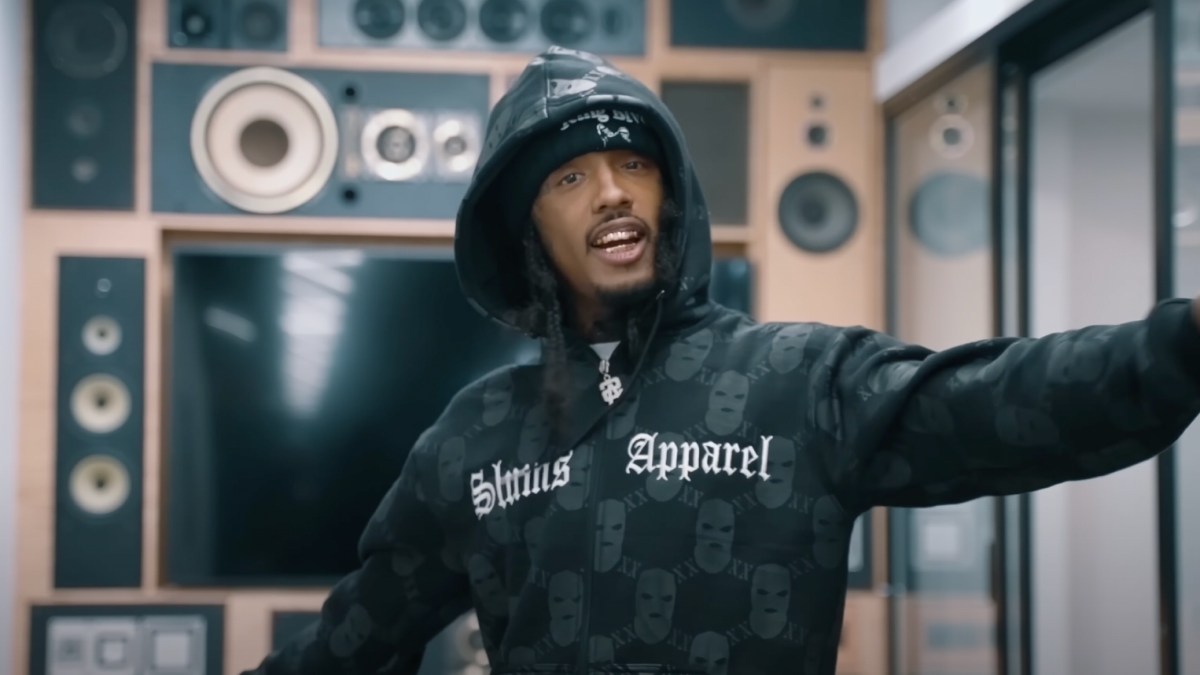
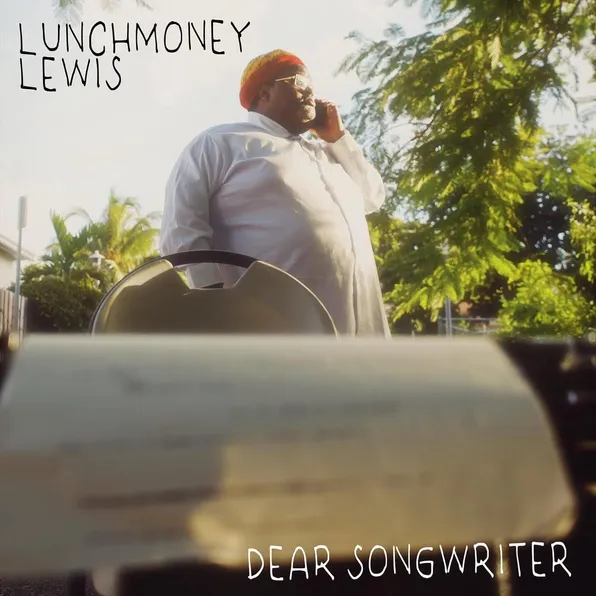
.jpg)


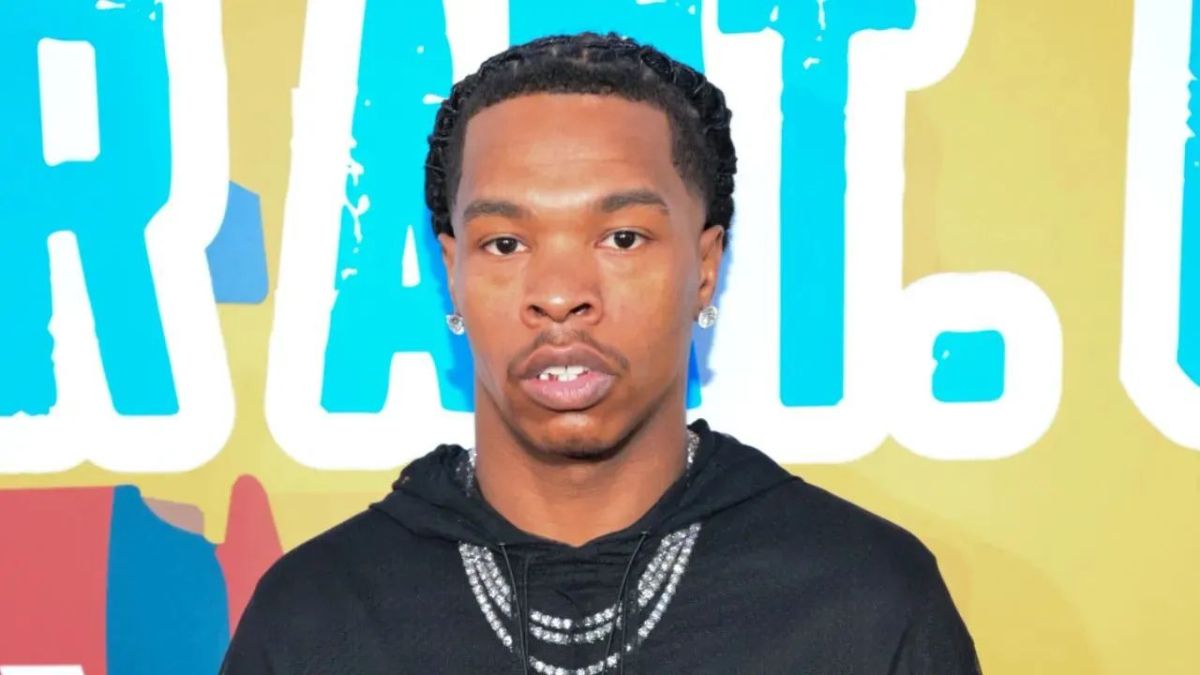
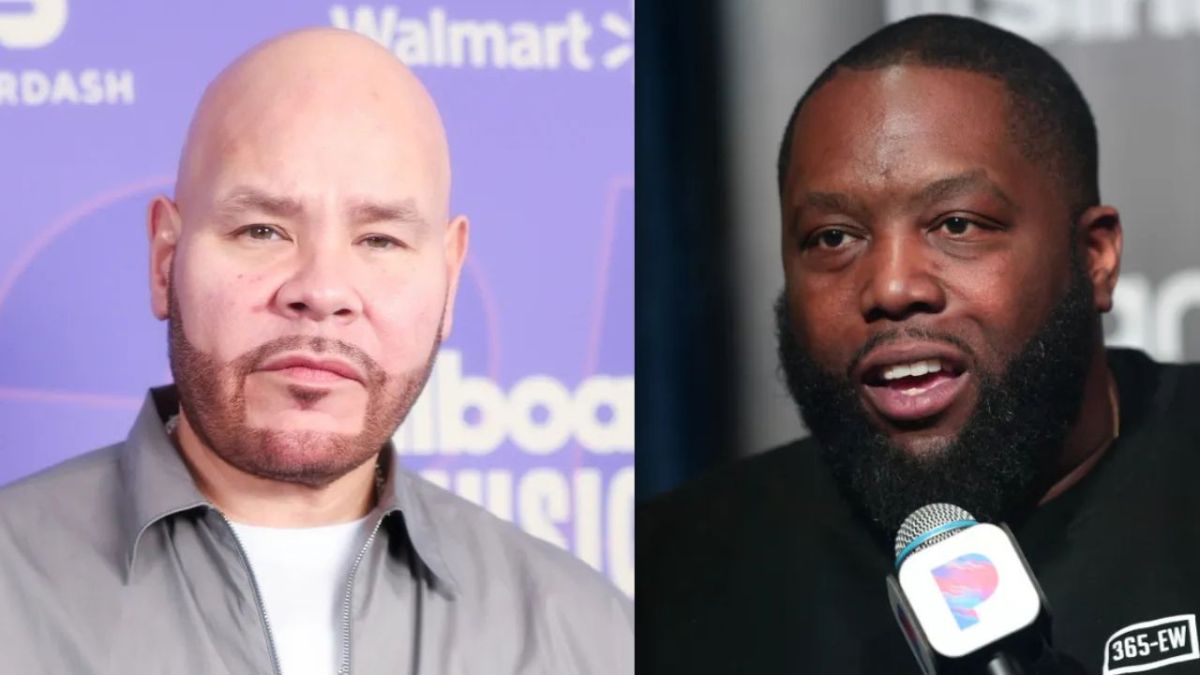
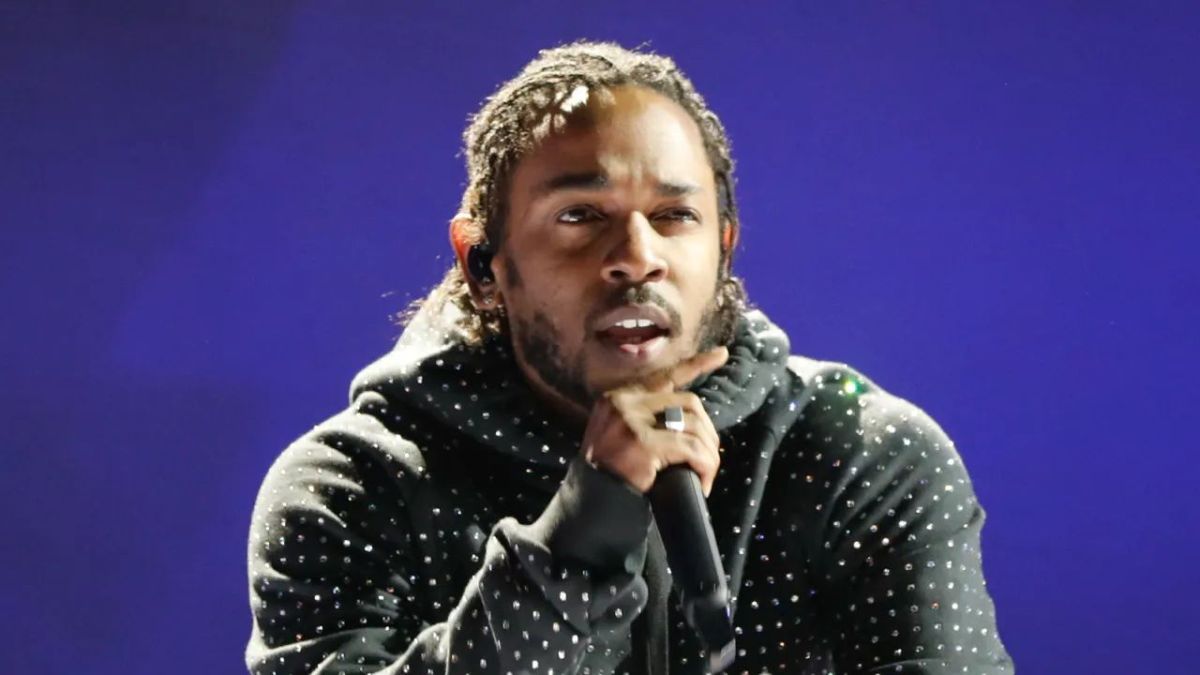
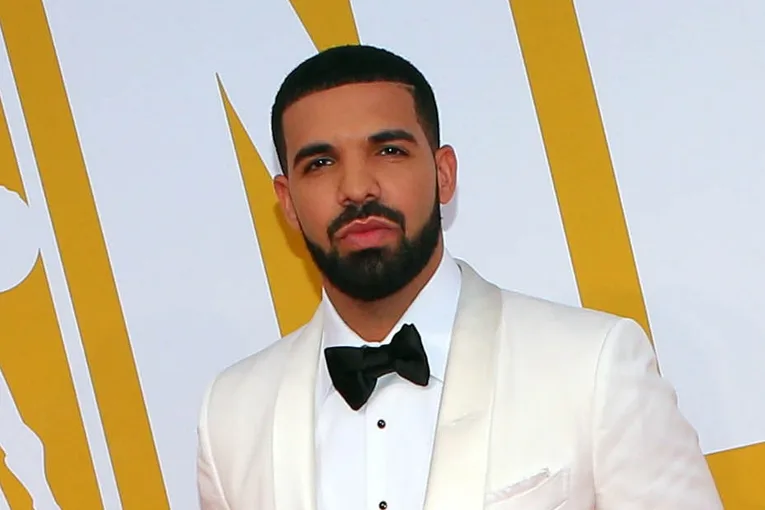
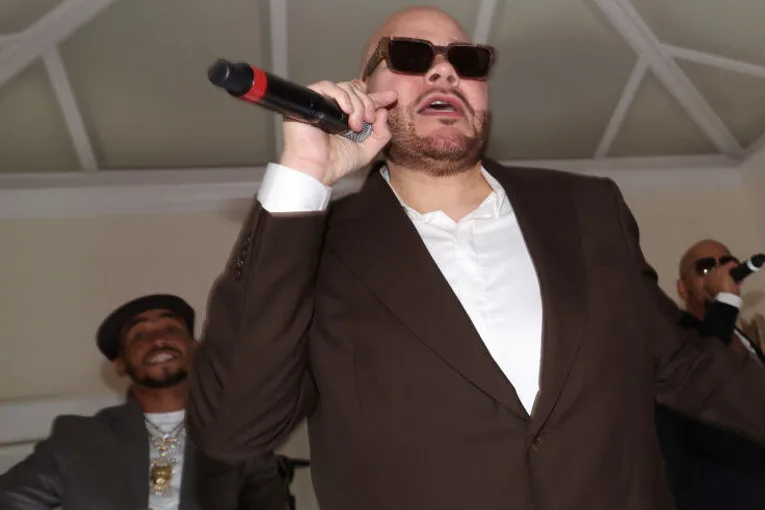
COMMENTS
Leave a comment